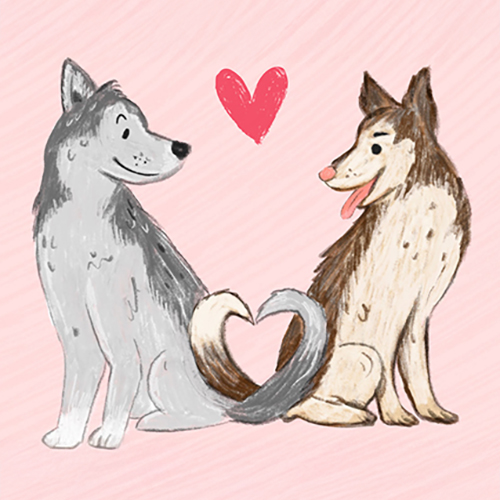Since 1989, A&S alumnus Tim Egan (‘81, BA, Communications) has worked as a Seattle-based writer for the New York Times. In 2001, he won a Pulitzer Prize as part of a New York Times writing team for a series on race in America.
How does a writer top that? If you’re Egan, with a National Book Award.
In November, Egan won the National Book Award for nonfiction for The Worst Hard Time: The Untold Story of Those Who Survived the Great American Dust Bowl. The book tells the story of the dust storms that plagued America’s High Plains during the Great Depression.

Egan brings this historical event to life by sharing the stories of survivors—now in their 80s and 90s—who lived through the dust bowl catastophe. “With characters who seem to have sprung from a novel by Sinclair Lewis or Steinbeck, and Egan’s powerful writing, this account will long remain in readers’ minds,” states a review in Publisher’s Weekly. Walter Cronkite describes the book as “can’t-put-it-down history.”
In his acceptance speech for the National Book Award, Egan thanked the dust bowl survivors who shared their stories. “I said that I was honored to be the bridge from the story about these people who are dying now to the generation which will read about this,” he told The Seattle Times.
Egan has written several other books, including The Good Rain: Across Time and Terrain in the Pacific Northwest, Lasso the Wind, Breaking Blue, and The Winemaker’s Daughter. He has won three Washington State Book Awards.
But for Egan, winning the National Book Award has been particularly memorable.
“It’s been a fantasy from start to finish,” he told The Seattle Times after attending the awards ceremony. ”And now I’ll go home and rake the lawn and clean my gutters.”
More Stories

Finding Love at the UW
They met and fell in love as UW students. Here, 10 alumni couples share how they met, their favorite spots on campus, and what the UW still means to them.

AI in the Classroom? For Faculty, It's Complicated
Three College of Arts & Sciences professors discuss the impact of AI on their teaching and on student learning. The consensus? It’s complicated.

A Love of Classics and Ballroom
Michael Seguin studied Classics at the UW and now owns Baltimore's Mobtown Ballroom. The two interests, he says, are more connected than they might seem.